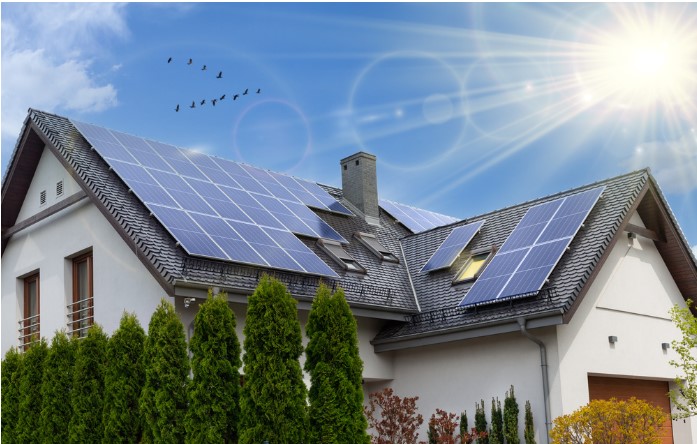Green power is transforming American communities in ways few imagined two decades ago. Former coal towns are now home to sprawling wind farms. Suburban rooftops shimmer with solar panels. And while environmental impact is a major driver, the shift is also reshaping how local economies grow, connect, and thrive.
Employment Rooted in Place
The green economy is generating job opportunities across skill levels. Construction teams raise turbines that now frame rural skylines. Electricians install solar arrays on everything from homes to school buildings. Engineers and data analysts focus on battery systems and smart grids that manage these decentralized resources.
Rural communities, in particular, are seeing new life. Places once hit hard by the decline of mining and manufacturing are now experiencing a steady revival. Thanks to new investment and sustained job creation, towns are becoming long-term hosts to wind, solar, and hybrid energy systems—with support from firms like Commonwealth, whose Power Generation Project Development Services help guide large-scale clean energy installations from planning to operation.
Money Stays Local
Unlike fossil fuel economies where profits leave town with every shipment, renewables anchor value locally. Once installed, solar and wind systems generate power without ongoing fuel costs. The return stays in the community—in tax revenue, lease payments, and workforce wages.
Farmers often lease part of their land to renewable developers, receiving steady income that sometimes rivals or exceeds their crop yields. Meanwhile, project crews, technicians, and managers spend money at local diners, motels, hardware stores, and theaters—stimulating broader economic activity in town.
Cleaner Air and Water
Communities that embrace green power enjoy measurable health and environmental benefits. No combustion means no smog, no soot, and no mercury runoff. Children can play outside without air quality alerts. Local rivers and water tables stay cleaner, supporting healthier ecosystems and recreational use.
The effect goes beyond wellness—it’s about livability. Areas with cleaner air and quieter energy systems become more attractive to new families, professionals, and small businesses looking to relocate.
Energy Independence
When communities generate their own energy, they gain a measure of independence from volatile fuel prices and distant utility infrastructure. According to the team at Commonwealth, this shift isn’t just technical—it’s economic empowerment. Their Power Generation Project Development Services help towns implement long-term strategies that give them more control over their power supply and financial future.
In some areas, neighbors share energy through interconnected microgrids. A surplus from one rooftop may power another home nearby. These peer-to-peer energy exchanges enhance resilience and reduce dependence on centralized generation systems that can fail during storms or disruptions.
Conclusion
Renewable energy is about more than carbon reduction—it’s about community-building. Cities and towns that embrace clean power today are laying the groundwork for long-term prosperity, improved public health, and economic self-determination. These energy choices attract both environmentally minded families and sustainability-focused businesses.
The green transition isn’t coming—it’s already here. And as communities take action with intention and urgency, they position themselves not just to survive the future, but to lead it.

